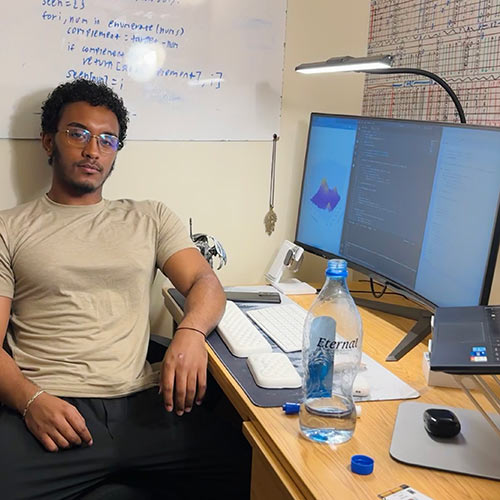
Sophomore student dug deep into environmental monitoring with remote internship
Michael Jissa ‘28 spent the summer remotely interning for Atnaf, a coal mining company located in his hometown of Ethiopia. Throughout the APEX Fellowship, […]
Mathematics is critical part of a well-rounded education because quantitative skills are needed in almost every field. A liberal arts education gives math majors the chance to build strong foundational skills in mathematics, statistics, and computer science, while also allowing the space to explore other subjects. At Wooster, math majors find they can double major in nearly any other subject because of the interdisciplinary nature of the curriculum. Wooster’s small classes are taught by full-time faculty members dedicated to undergraduate teaching. Students have lots of experiential learning opportunities during the academic year through programs such as Senior Independent Study, Sophomore Research, DataFest, and an international mathematical modeling competition, along with summer opportunities such as AMRE and internships.
Small classes taught by full-time faculty dedicated to undergraduates are just one reason math majors thrive at Wooster. Experiential learning has had a prominent place in our department for nearly three decades. In 1994, the department created the summer Applied Methods and Research Experience program (AMRE), in which students get paid while gaining consulting experience. Teams of students with faculty advisors work on applications with business, industry, or agency clients, or do academic research in a specialized area within the mathematical and computational sciences. Routine AMRE clients include Fortune 500 corporations Goodyear and Progressive Insurance. All students at Wooster complete independent study projects under the guidance of a faculty mentor, culminating in a thesis delivered in the spring of the student’s senior year. Many go on to earn advanced degrees in a wide range of STEM fields or in economics/finance.
Learn about Wooster’s STEM community through the STEM Success Initiative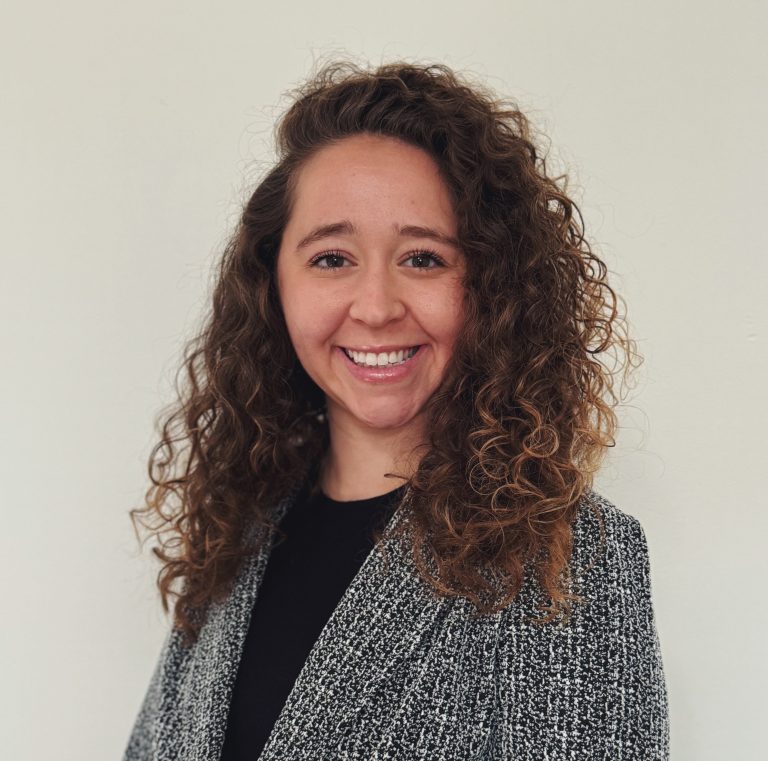
Administrative Coordinator, Physics, Mathematical & Computational Sciences
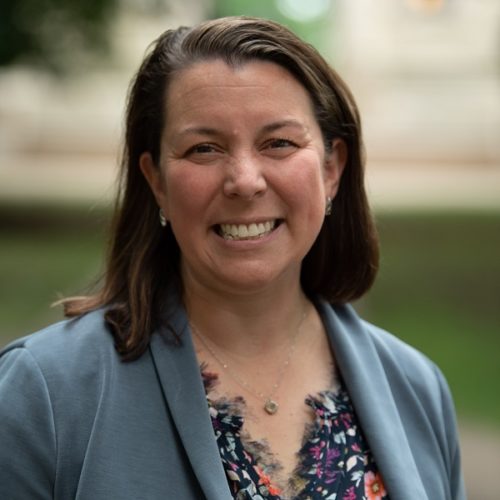
Dean for Curriculum and Academic Engagement; Professor of Mathematics
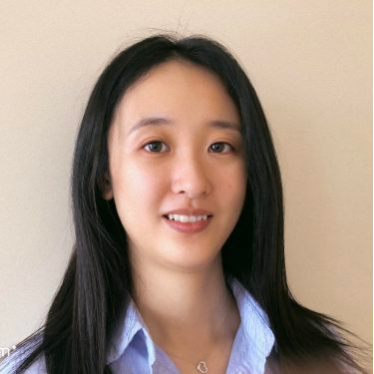
Assistant Professor, Statistical & Data Sciences and Mathematics (On leave Spring 2026)

Associate Professor of Mathematics and affiliated faculty in Statistical and Data Sciences
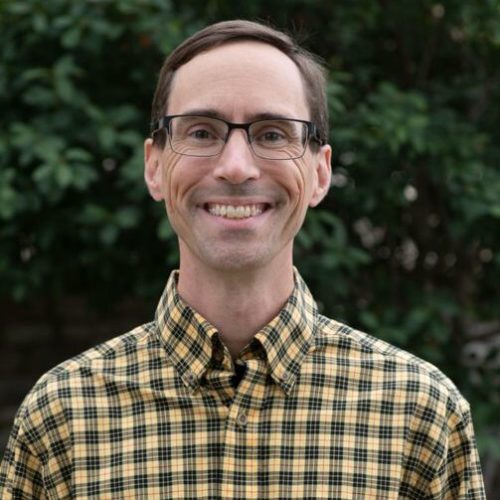
Professor and Department Chair of Mathematics; Department Chair and affiliated faculty in Statistical and Data Sciences

Michael Jissa ‘28 spent the summer remotely interning for Atnaf, a coal mining company located in his hometown of Ethiopia. Throughout the APEX Fellowship, […]
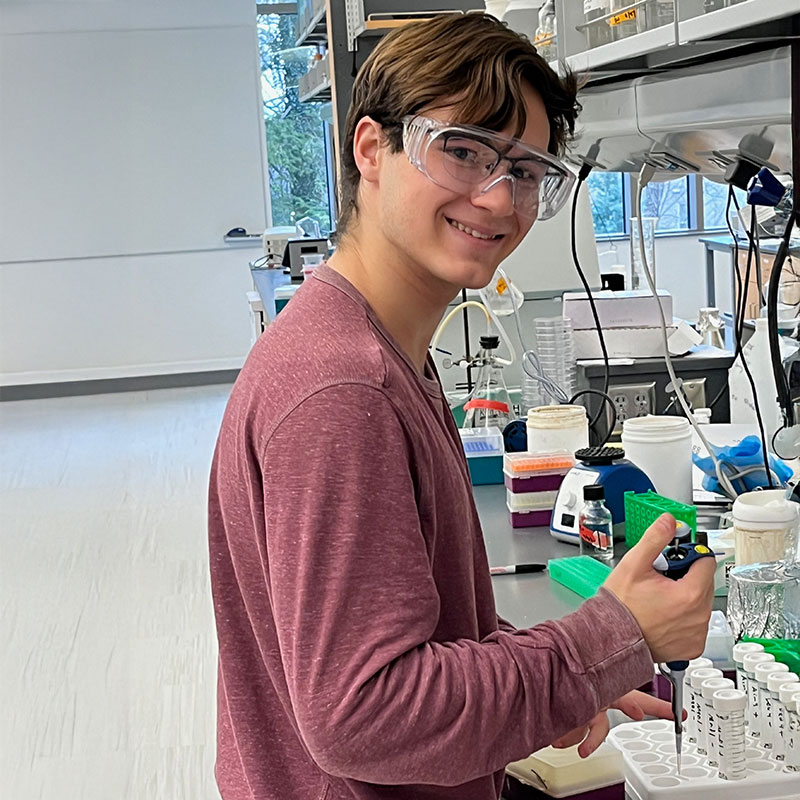
Jude Cerniglia ’26, a major in biochemistry & molecular biology and mathematics at The College of Wooster, was one of six students nationally to […]
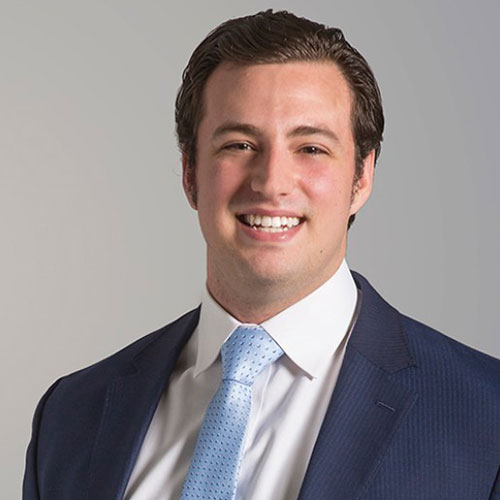
After attending a class at The College of Wooster as a prospective student during his senior year of high school, Gio Tramonto ’18 knew […]
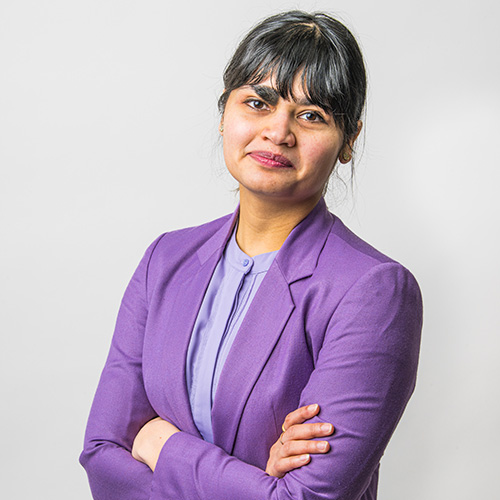
Vedica Jha ’16 came to Wooster as an international student from India, traveling across the world to study in the United States, majoring in […]
Students must complete 13 courses to meet the requirements for a major, with five courses of those 13 coming from a list of upper-level math electives. Mathematics majors also complete two semesters of independent study in their senior year and complete a thesis under the guidance of a faculty mentor.
View CoursesAdvising Guide for Maths
Six credits from a list of mathematics courses ranging from 100 level courses to three full-credit courses above 211 are needed to meet the requirements for a minor.
View CoursesAdvising Guide for Maths
All students at Wooster complete an Independent Study (I.S.) during their senior year, and the I.S. is of central importance in our department. I.S. is an opportunity to expand the student’s understanding of the discipline and to do significant work in an area of personal interest. The ability to engage in independent learning is one of the primary goals of the department and of the College at large, and the successful completion of the I.S. thesis represents the culmination of the student’s academic program.
Over two semesters, each student designs a plan of study, completes the I.S. thesis, and gives an oral presentation and defense of the project. Under the guidance of a faculty mentor, the student is free to pursue virtually any area of interest within the discipline.
| Student | Year | I.S. Title | Major 1 | Major 2 | Advisor |
|---|---|---|---|---|---|
| Please search to view results | |||||
Name: Sam L. Belsky Major: Biochemistry and Molecular Biology Minors: Mathematics, Spanish Advisors: Mark Snider, Annastassia Gallo; Sara Martin (second reader) Stereo- and regioselective […]
Name: Lucy Wickham Major: Mathematics Advisors: Subhadip Chowdhury, Pamela Pierce In this Independent Study, we survey the mathematics of tiling 2-dimensional regions with polyomino […]
Name: Yeeun Koh Majors: Economics, Mathematics Advisors: Edward Teather-Posadas, Robert Kelvey Conflict is, by nature, cost inefficient and has naturally attracted economists’ devoted attentions. […]
Name: Minh Duc Dao Major: Mathematics, Computer Science Advisors: Rob Kelvey, Max Taylor Video instance segmentation is a type of deep learning algorithm that enables […]
Many of our alumni go on to earn advanced degrees in fields ranging from the natural and mathematical sciences to law, education, engineering, medicine, and business. Recent students have gone directly to MIT, Dartmouth, Johns Hopkins, and Cornell, among other graduate schools.
The problem solving techniques learned in our department carry over to problem solving in all areas of life. Majors from Wooster pursue diverse careers such as analytical consulting, data analysis, secondary school teaching, government agency work, and cartography.
After attending a class at The College of Wooster as a prospective student during his senior year of high school, Gio Tramonto ’18 knew […]
Vedica Jha ’16 came to Wooster as an international student from India, traveling across the world to study in the United States, majoring in […]
Kyle Cunningham-Rhoads ’12 grew up fascinated with all things baseball, including collecting baseball cards and absorbing the player statistics on the back. Little did […]
A seventh-grade project to identify a disease and how it was spreading in the population sparked an interest in epidemiology and public health for […]
The Applied Methods and Research Experience (AMRE) gives College of Wooster students the opportunity to apply classroom learning in the role of business and organizational consultants.
For eight weeks of the summer, student teams and faculty advisors are paired with a (usually local) business, industry, or agency (client). Student participants are exposed to practical applications of their liberal arts education in a “real world” setting. This experience aids students in determining professional interests and developing professional skills. The faculty advisors have the opportunity to be involved with a very select group of students in a summer activity, while potentially contributing to research in applied fields. Clients have the opportunity to tangibly support education and, at a low cost, obtain solutions to problems that would most likely not be addressed internally.
The structure of the program is based upon several research teams which work independently on separate projects, but also come together for discussion of progress. These teams are comprised of students (usually three) and a faculty advisor. The faculty advisor involvement is heavy initially as the student team becomes familiar with the project definition. After approximately two weeks, involvement becomes primarily advisory as the students work directly with client representatives and others. Student teams give weekly progress reports in the form of oral presentations, in addition to periodic presentations to their respective clients. Each team also gives a final oral presentation and written report to the client upon completion of the project.
In addition to work done on the project, a number of lectures are presented by the faculty advisors as a part of the AMRE program. These lectures are intended to teach the students skills or tools necessary to complete their assigned projects. Colloquia are also given on a variety of topics including group dynamics and oral presentation. These colloquia are given by individuals from academia, local corporations and professional consultants.